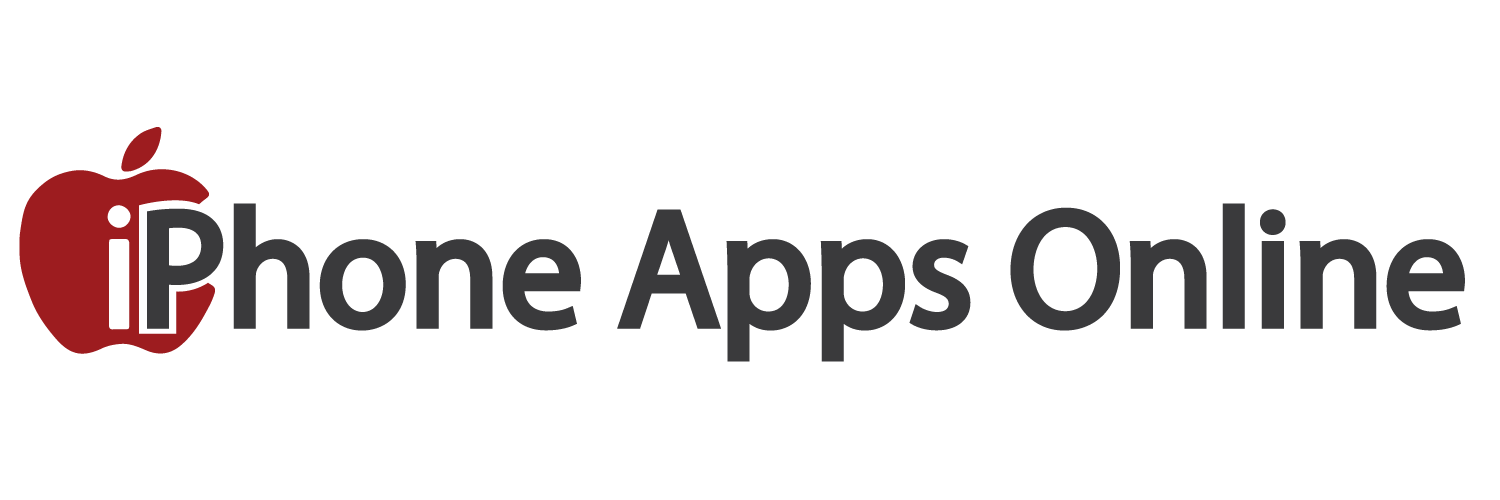Blockchain technology and its real-world applications have grown rapidly over the past two years, revolutionizing multiple industries such as BFSI, healthcare, education, real estate, supply chain management and logistics – just to name a few.
Blockchains are decentralized and distributed ledgers that store information publicly. This makes them immutable and transparent without need for centralized authority.
Decentralization
Blockchain technology and its real-world applications are progressing at an incredible rate. It is aiding companies, academic organizations and governmental associations address complex issues like digital identity, ownership of assets and data, security measures and decentralized decision-making with unprecedented speed.
Blockchain’s decentralized nature offers users an extra layer of protection, as there’s no single point of failure. Unlike centralized systems, where one party owns all servers and can corrupt them, decentralized networks rely on multiple ‘nodes’ that verify each new block’s validity before adding it to the chain.
Blockchain has already been implemented in the media industry to eliminate fraud and cut costs.
Transparency
Blockchain technology is being utilized by a range of sectors to promote transparency and accountability in their operations. These include government, real estate, transportation, tourism, healthcare services, as well as manufacturing.
Blockchains operate with a distributed ledger, recording data across a network of computers rather than keeping it centrally. This makes the blockchain more resistant to manipulation and easier to track.
People can now independently verify their own identity and record information without needing the assistance of a government agency or notary. This could be especially helpful in proving ownership in war-torn countries or areas with no records available.
Security
Blockchain is a promising technology when it comes to cybersecurity. It works on a decentralized network, utilizes advances in encryption, and employs complex algorithms to verify data ownership and accuracy.
Blockchains in the financial industry can improve data storage and processing security. Additionally, they enable fast and secure transfers of money and financial transactions.
Blockchain can also enhance user confidentiality and trust by offering data privacy and transparency, helping businesses win over their customers’ confidence.
Trust
Blockchain technology enables users to trust each other without the need for a central authority as an intermediary. It’s a decentralized distributed network that stores information in encrypted blocks and guarantees everyone has access to it simultaneously.
As such, it can be trusted for secure, transparent transactions. Furthermore, it eliminates the need for third-party intermediaries and reduces transaction fees.
Additionally, this helps guard against data tampering and fraudulence. Because all transactions are recorded on a chain, it becomes very difficult to alter or delete them.
Automation
Blockchain technology can be utilized to automate processes that involve the transfer and verification of information from one system to another, increasing transaction speed and efficiency while eliminating manual inputs.
Blockchain also creates a secure and irreversible record of transaction data that cannot be altered or erased. This makes it an ideal technology to use when dealing with sensitive or confidential information.
Real-world applications of this technology include tracking and securing patient health records on a blockchain that is accessible only by their primary healthcare provider. This is important as it upholds the HIPAA Privacy Rule.






More Stories
What is Best Available Technology?
How to Avoid Mobile Addiction
Internet Brands